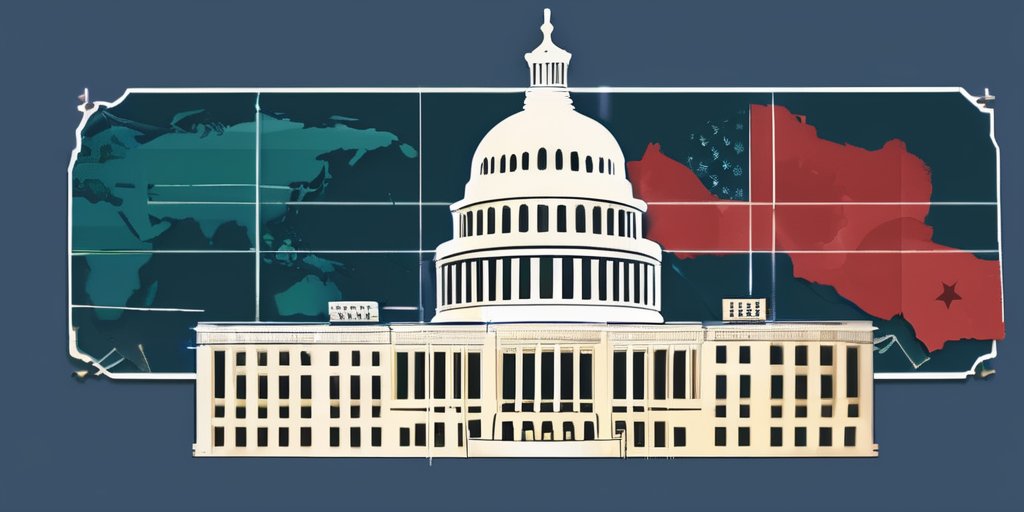In the midst of rising tensions, President Donald Trump faces a critical question regarding military action against Iran: not only the question of whether he will launch strikes, but crucially, whether he can do so without Congressional approval. This issue has garnered bipartisan concern as lawmakers, predominantly Democrats, propose measures to rein in Trump’s military authority.
Senator Tim Kaine, a Virginia Democrat with years of advocacy against the blanket military authorizations, argues against unilateral military actions, emphasizing, “We shouldn’t go to war without a vote of Congress.” He aims to repeal the post-9/11 authorization that has allowed multiple presidents to engage in military operations abroad without fresh Congressional backing.
Despite the constitutional requirement that Congress declare war, the last such official declaration occurred over 80 years ago during World War II. Since then, the U.S. has been embroiled in various military conflicts driven by presidential decisions, often justified by existing resolutions like the 2001 AUMF, originally intended for operations against terrorist organizations. However, this particular resolution does not directly apply to today’s situation with Iran, especially as intelligence reports describe Iran as not being on the verge of nuclear weapon development.
Amidst these considerations, Trump’s administration insists that recent intelligence indicating Iran’s nuclear capabilities is outdated, asserting justification for immediate military action if deemed necessary.
Furthermore, the War Powers Resolution of 1973, established to limit a president’s military engagement without congressional consent, is again brought into the conversation. Lawmakers such as Reps. Thomas Massie and Ro Khanna have invoked this act in their proposals aimed at restricting Trump from military actions against Iran without a Congressional mandate.
The complexities surrounding presidential powers and military action are profound, as past presidents—including Trump—have often engaged in military strikes without prior approval from Congress, arguing such actions fell under their constitutional authorities for protecting national interests. However, the vagueness of what constitutes a national emergency allows for extensive interpretation, raising concerns over potential misuse and overreach.
As Trump contemplates the risk of escalating military operations in the Middle East, the challenge lies in navigating statutory requirements and the broader implications for U.S. foreign policy, aligning both domestic and international expectations.
In conclusion, the question remains: Can Trump justify military action against Iran without Congressional approval, or will lawmakers succeed in enforcing the checks and balances envisioned in the Constitution? With the stakes higher than ever, the path forward is fraught with legal, ethical, and diplomatic considerations that must not be overlooked.
